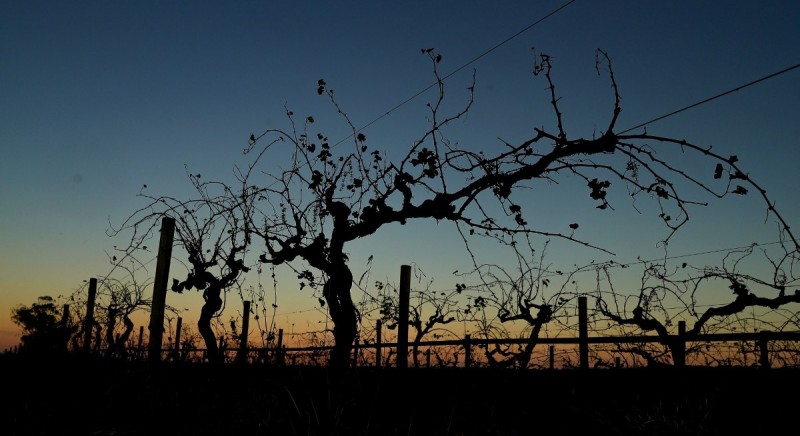Although this has significantly affected wine producers, Amphora Portfolio Management director David Jackson notes that this impact has yet to manifest in the investment sphere. He explains that improvements in technological advances in wineries’ better understanding of how grapes are grown and how wine is made have lessened the impacts of climate change, with wineries taking advanced proactive measures to ensure quality production.
Additionally, developments have allowed wine producers to better adapt to the rising heat, such as the approval of six new grape varieties by France’s national appellation body in 2021. “Of course, while we have not seen the impact on the fine wine investment space, I think it can only be a matter of time,” adds Jackson.
Cru World Wine co-founder and CEO Jeremy Howard also highlights the growing awareness of environmental impact among fine wine producers and investors. Many fine wines are now produced sustainably; the trend to “intervene” less and less in vineyards — which means eschewing the use of pesticides and herbicides — has gathered pace in the last decade.
He adds: “Several great fine wine producers, for example, Château Pontet-Canet in Bordeaux, are producing not only organically, but biodynamically too. That property even uses horses, rather than tractions, for vineyard management. Fine wine is, therefore, one of the most sustainable and environmentally friendly alternative asset classes.”
See also: One swallow does not make a summer: China’s AI IPOs excite, but uncertainty lies ahead
Read more: Ripe time for fine wine investing




